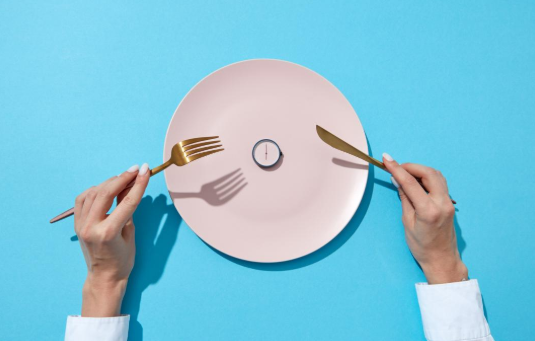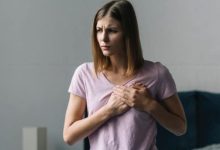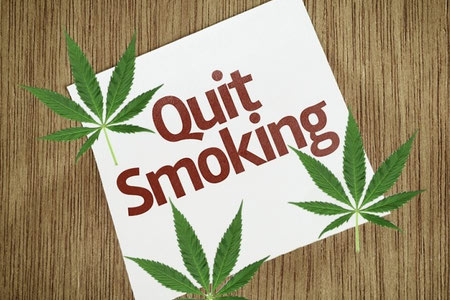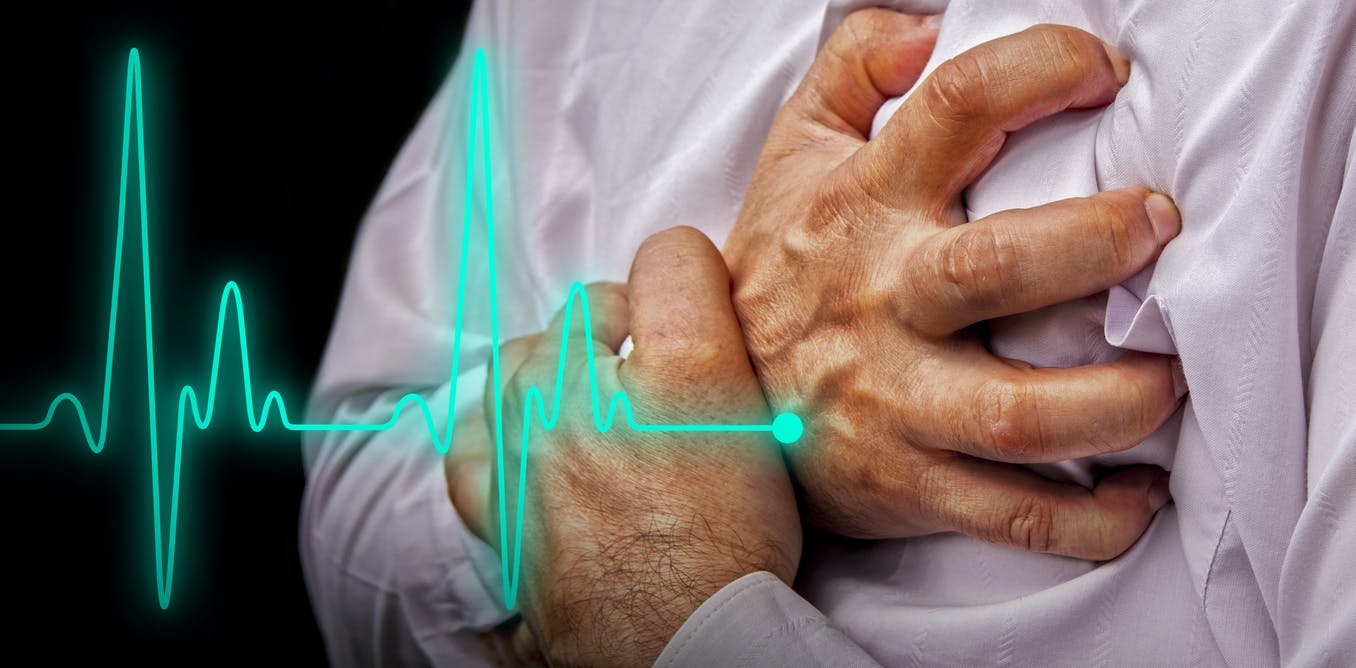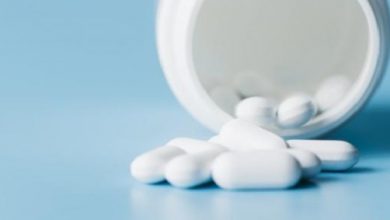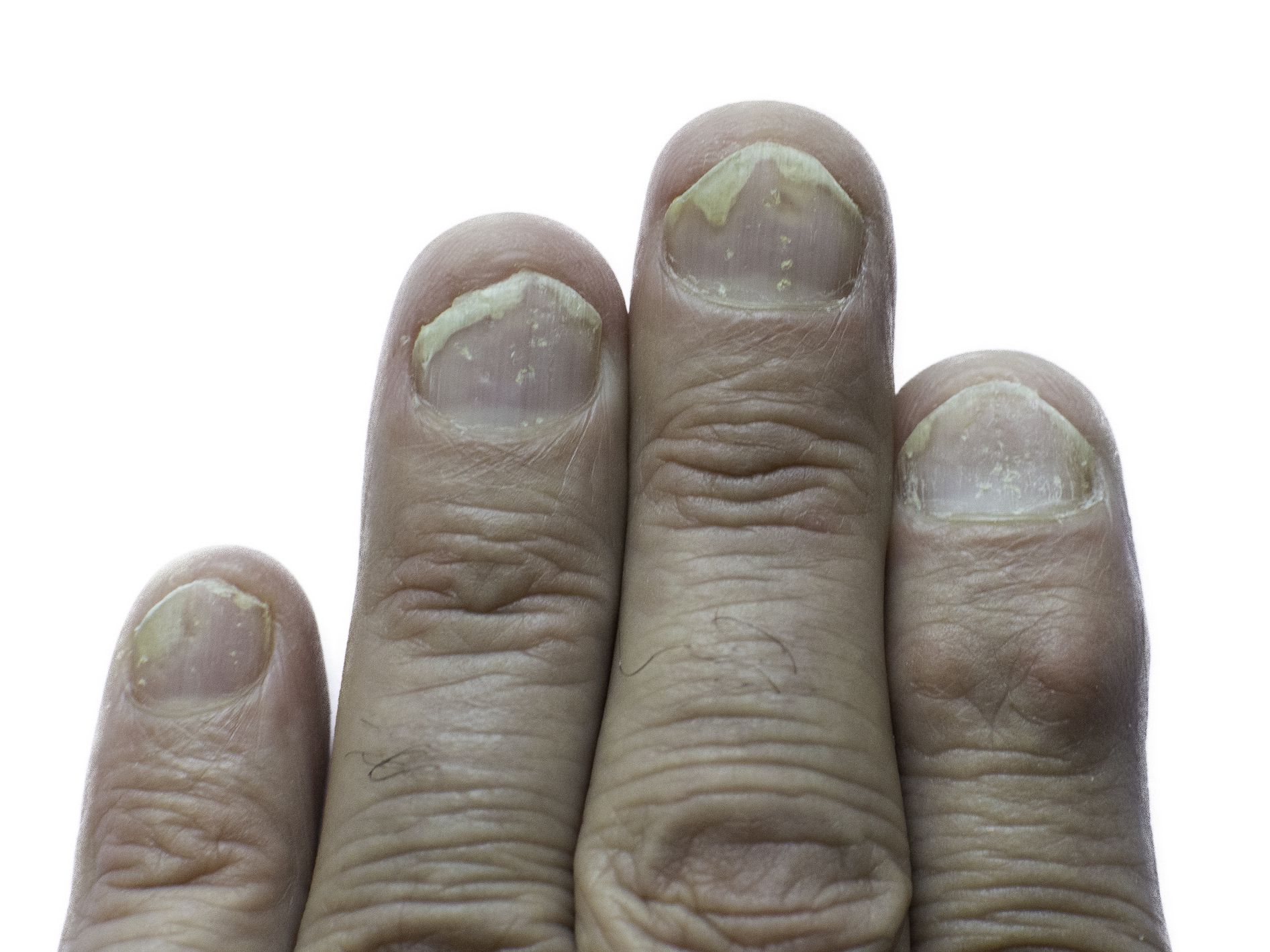What effect does stress have on the skin?
How does stress age your face?
Stress is a common human illness, and everyone experiences it at some point in their lives. Although you may think you are the only one suffering from stress, this is not true. Stress can affect the whole body, including hair, nails, and skin. And because it is a part of life, how it is controlled is very important.
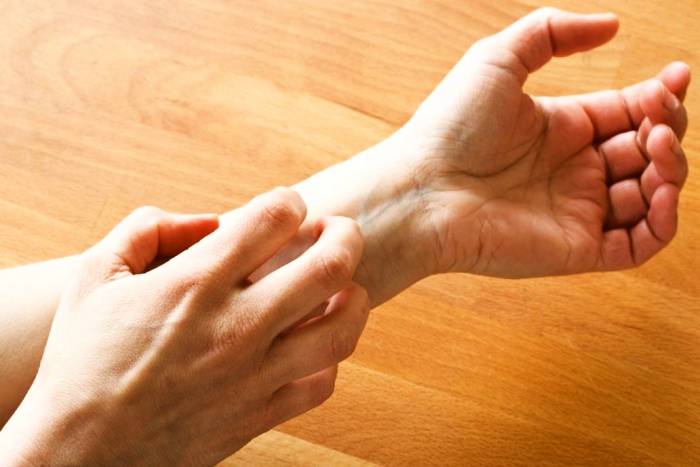
What effect does stress have on the skin?
Stress causes a skin reaction by causing a chemical reaction in the body and making skin problems more difficult to treat. Have you ever noticed that you have more pimples and acne when you are stressed? Acne not only causes stress on the skin but also causes other side effects, which include:
Eczema and psoriasis
Stress can also aggravate skin problems such as psoriasis, eczema, urticaria, and other skin rashes and blisters.
Pimples and acne
Hormones such as CRF or CRH are key parts of the central pressure response system. When we are emotional or stressed, CRF may be secreted by sensory nerves and immune cells, leading to skin and systemic diseases. Stress releases hormones such as cortisol and eventually produces more oil on the skin, and oily skin is prone to acne and other skin problems.
Inflammation
In addition, it raises the spirits of internal inflammation, and when the body perceives a threat, the immune system sends a response to control it, and that response is inflammation. Inflammation usually helps protect and heal our bodies against germs and wounds, but a stressed body can trigger a strong immune response and send an inflammatory response.
Stress can also cause inflammation by attaching the gut to the skin, affecting the balance of gut bacteria and releasing inflammation. Internal inflammation can manifest itself in the form of skin diseases such as acne, eczema, and psoriasis. People with chronic inflammatory skin diseases are more susceptible.
What does a stressed face look like?
Skin aging
Chronic psychological stress tries to eliminate this threat by stimulating the autonomic nervous system. Prolonged activation of these pathways leads to dysfunction of the immune system, increased production of reactive oxygen species, and DNA damage, all of which are associated with skin aging. If you are an anxious person, take more care of your skin to not have any problems.
skin dryness
Stress is one factor that increases the hormone cortisol in the body and reduces the skin’s ability to retain water, so the skin becomes dry.
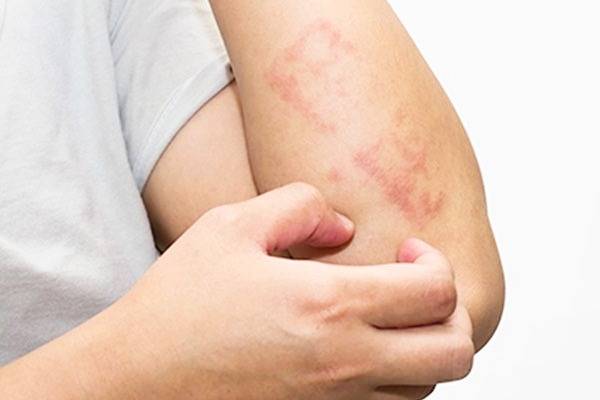
Solutions to reduce stress and skin problems
exercise regularly
Exercise releases good hormones that improve your energy and mood. Regular exercise can help reduce anxiety and stress, as well as help you sleep better.
Eat healthy food
Failure to treat stress can lead to depression and negatively affect our diet, and we may turn to sugary and high-calorie foods, which in turn directly impact skin health. Eat a healthy, balanced diet with whole foods and fresh fruits and vegetables because high-sugar processed foods can cause more inflammation in the body.
Get enough sleep
When we are stressed, sleep is no longer our priority. Cortisol, known as the stress hormone, naturally decreases during sleep and rejuvenates the skin, so get 8 hours of sleep each night to relieve stress and reduce skin problems. Adequate sleep gives the body time to rest and improves mood, energy levels, and better perception.
Does stress make your face fat?
Get rid of bad habits.
Some people scratch their skin when stressed. Patients with eczema also feel worse when stressed. When you feel itchy on the skin, you cross that part and thus release the inflammatory chemicals. Scratches can make psoriasis worse, so patients accustomed to putting pressure on their skin should talk to a counselor to prevent this habit.
Make time for yourself.
If you take the time to do relaxing and energetic activities, you will feel good; try reading books, taking a hot shower, using a massager, listening to music, and doing meditation or yoga exercises.


